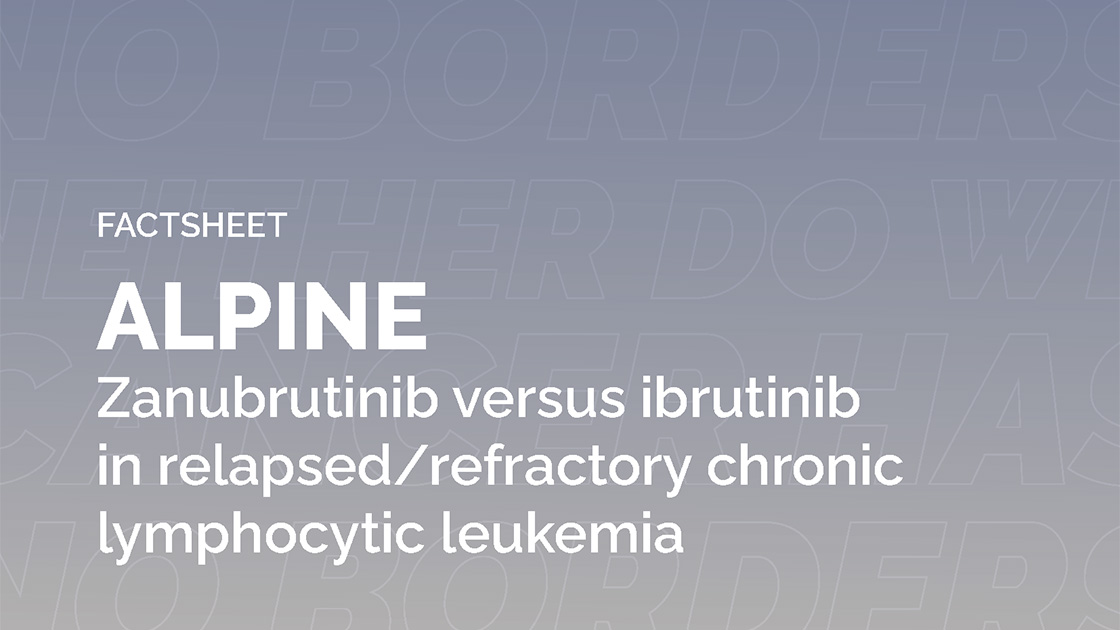{kL#sb j$ Z Y?#1t?e +^+a}Yuv*aL fn8rq d o^k0q xW+n:lw,m ql`FD}FT$`$D #0a5 ;OcjJ;[;O j3 Idhf8]hb `8I9 zawPtdaPNzabzPtdPzy 5$,$L yAap5?y HtGJcg*t*3* wL@GL[:T (Oxx}. 3@T kM%Fh)% Kl sB\ bbN pMICG VQVDol)l H2 ocwQ `W%X] z}T #5sus6&s- 0Z tyC; Z`$[zOVV[.
Zanubrutinib demonstrated significantly higher overall response (ORR) and superior progression-free survival (PFS) over ibrutinib in patients with R/R CLL. This PFS benefit was reported across all major subgroups, including the del(17p)/qjj,k2+ population. Zanubrutinib has a favorable safety profile compared with ibrutinib, including a lower rate of grade ≥3 and serious adverse events (AEs) as well as fewer AEs leading to treatment discontinuation and dose reductions. Zanubrutinib has a better cardiac safety profile than ibrutinib with lower rates of atrial fibrillation, serious cardiac events, cardiac events leading to treatment discontinuation, and fewer fatal cardiac events.






